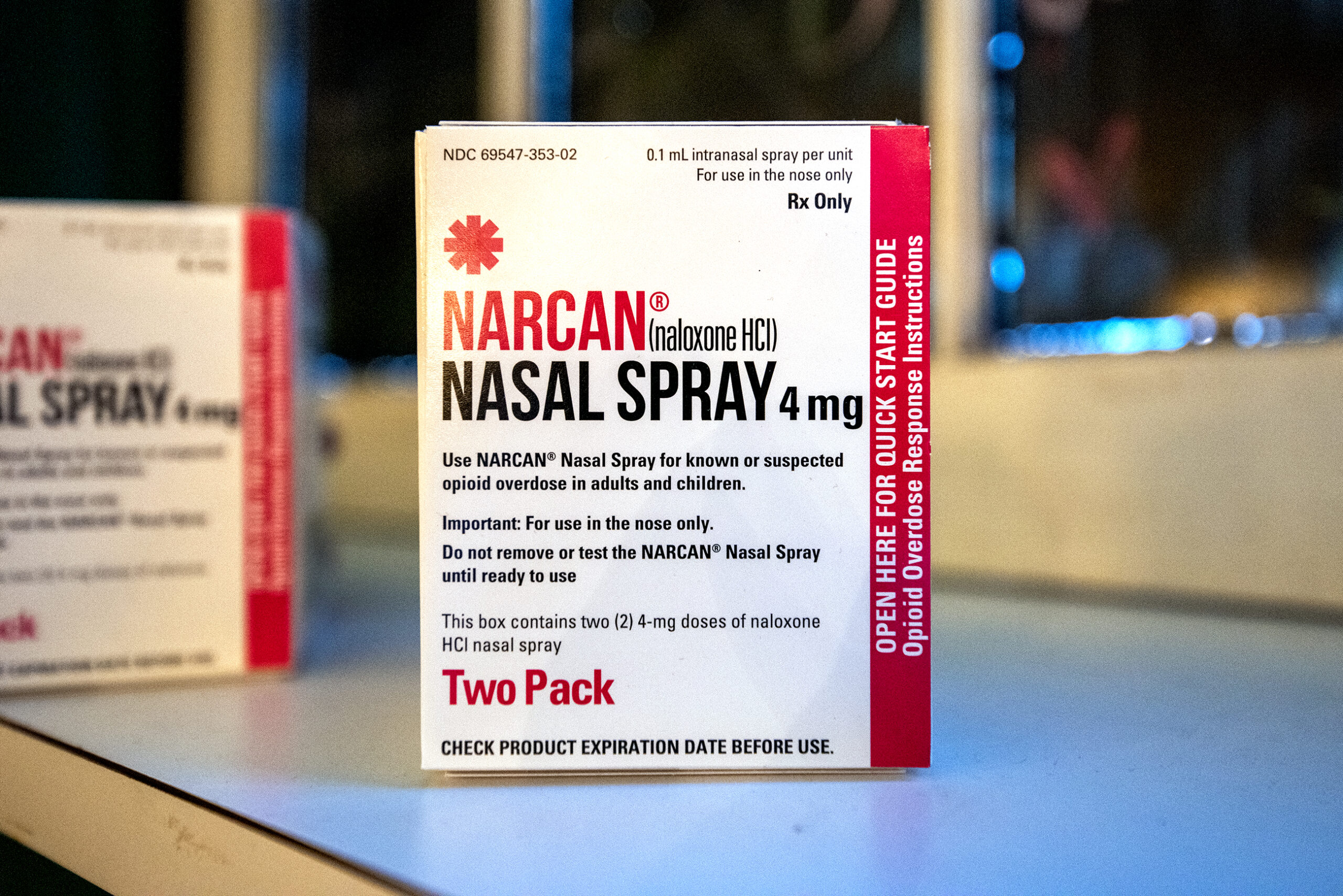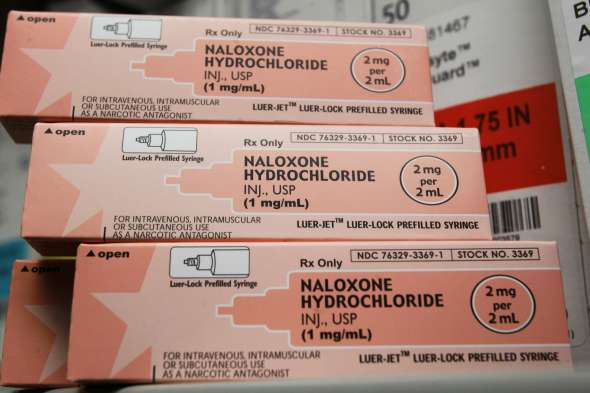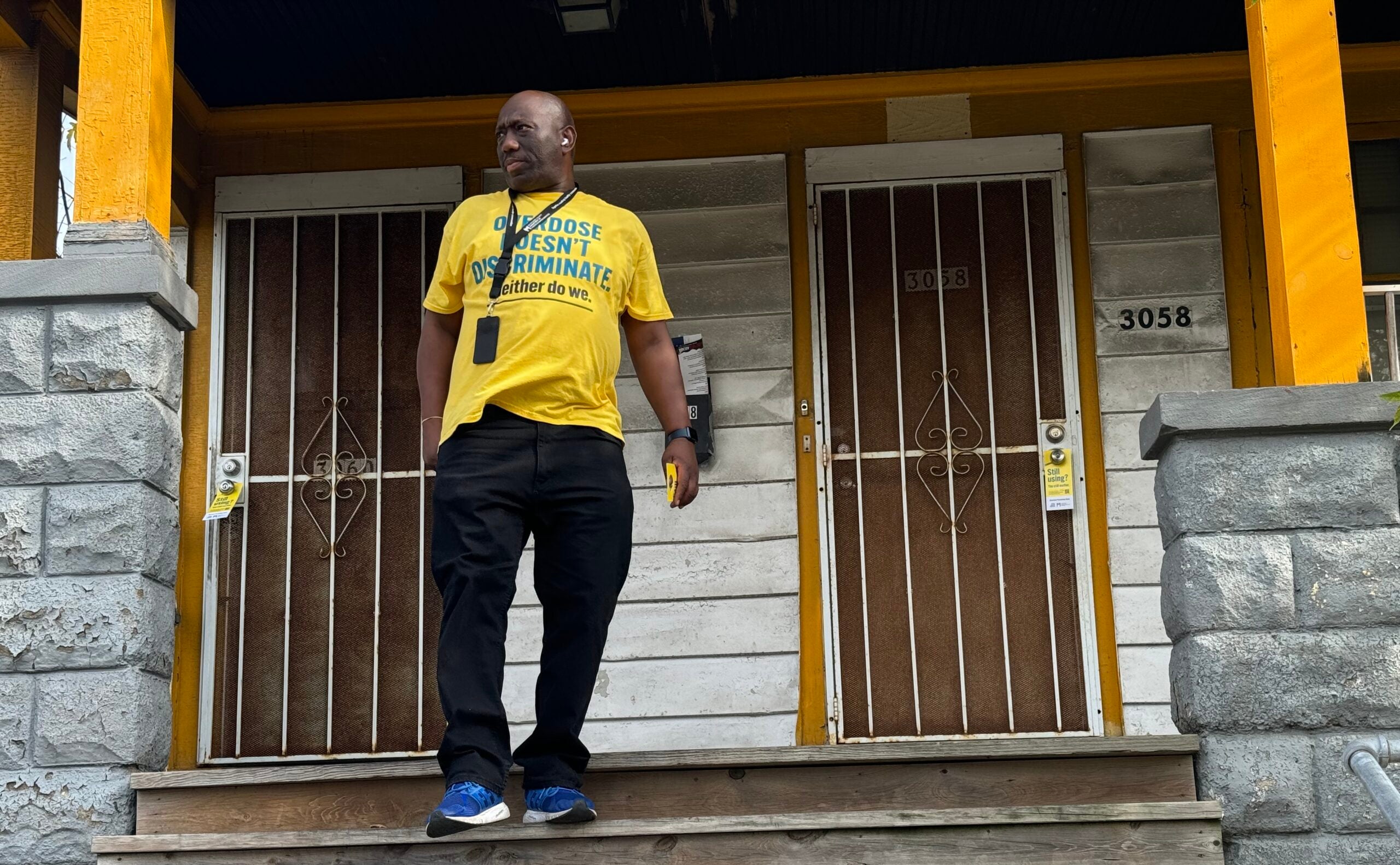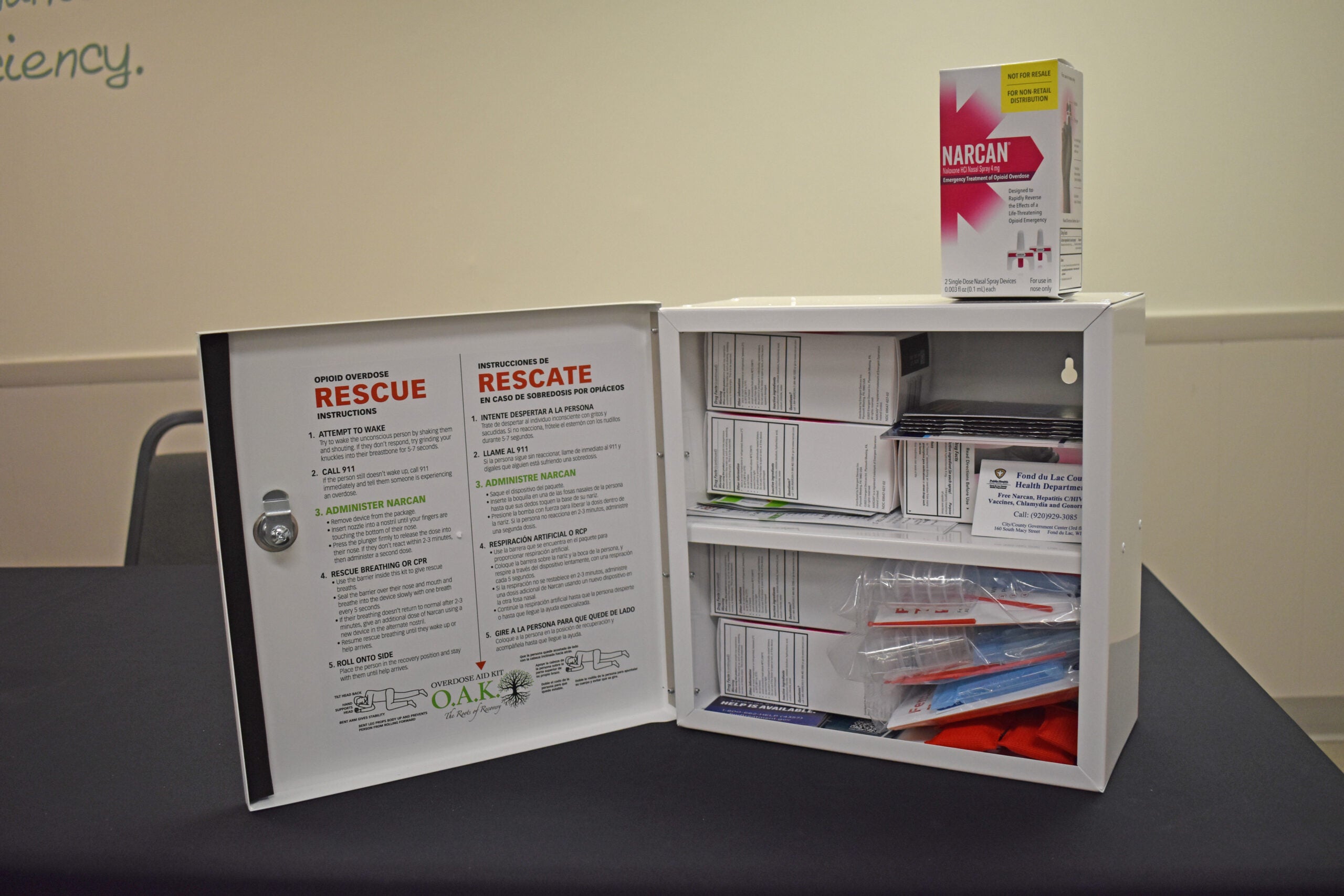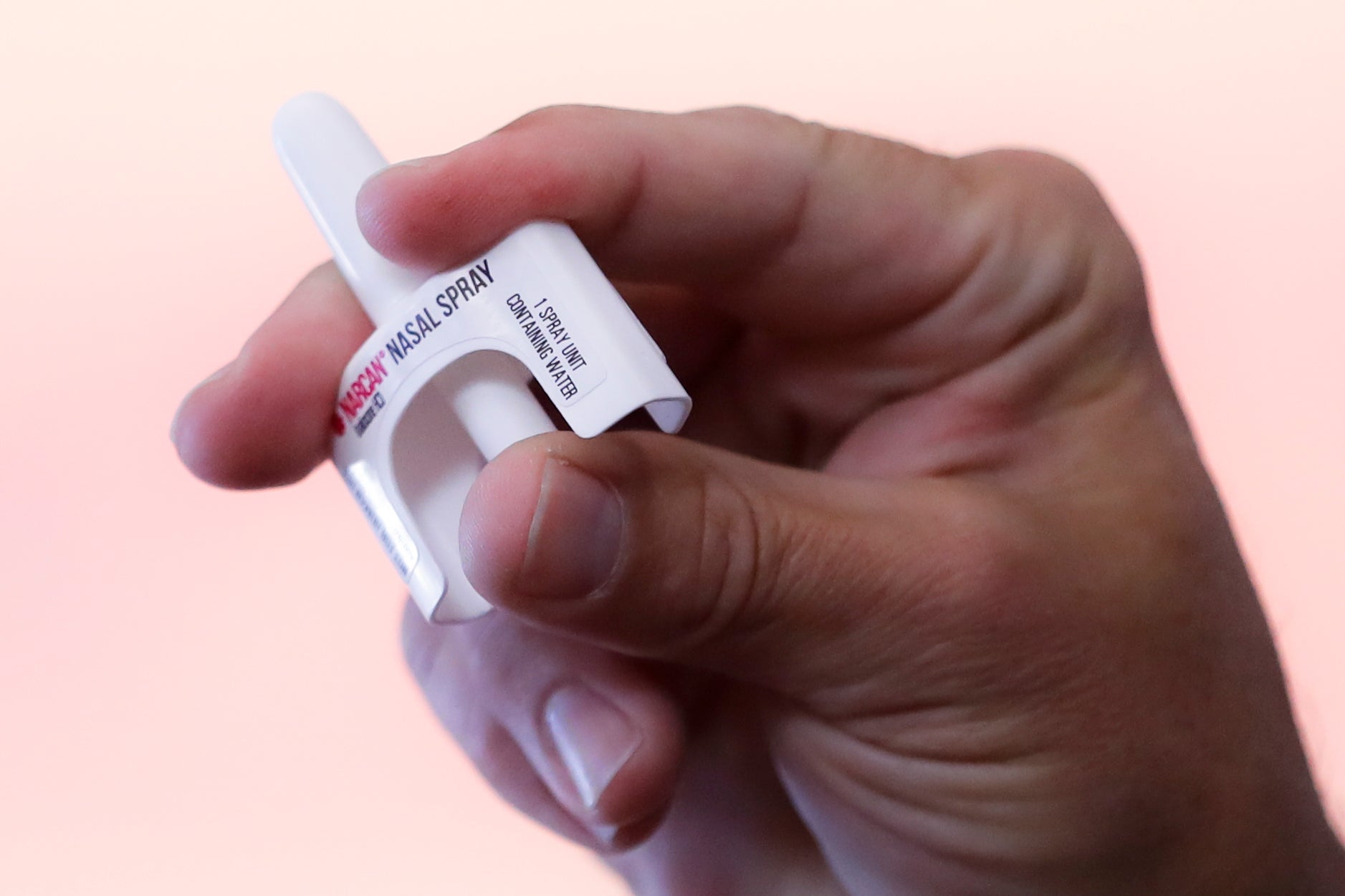Dane County leaders are exploring strategies to prevent overdoes, including creating a drop-in center that aims to prevent fatalities.
The county is also studying whether it would be feasible to create a place where people can use illegal drugs in a controlled and supervised setting.
Earlier this year, Dane County’s Health and Human Needs Committee accepted a recommendation from the Opioid Settlement Subcommittee to advance plans for what’s been referred to as a harm reduction drop-in clinic.
Stay informed on the latest news
Sign up for WPR’s email newsletter.
That proposal, which is pending approval from the full county board, suggests spending approximately $800,000 from settlements against opioid companies for rent, staff, programming and supplies needed to run the center.
Proponents say the center could be a one-stop shop for people who are struggling with substance abuse and need resources.
“This Center would serve as a hub for community building and healing, safety, and connection by counteracting the isolation and exclusion faced by individuals who have used and are using drugs,” the county’s Opioid Settlement Subcommittee wrote in a proposal.
Along with peer support and programming, visitors to the center would have access to supplies, including sterile syringes. And the center would be stocked with the opioid reversal drug naloxone, as well as strips to test for the presence of the often-fatal painkiller fentanyl and the powerful tranquilizer xylazine.
Dane County Supervisor Rick Rose chairs the Opioid Settlement Subcommittee, which has been soliciting public input on how best to spend the county’s payouts from opioid manufacturers and distributors.
He say the goal of the drop-in center is to prevent overdoses, as well as the transmission of infectious diseases like HIV and hepatitis C.
“I just ask you all to imagine a community where substance use isn’t synonymous with being less than, but an opportunity to get help and to get better,” Rose said during a committee meeting this spring. “A place where people struggling, can access clean, safe supplies and a pathway to recovery and, maybe just maybe, even test the drugs they put into their bodies before we test them as a county after they’re dead.”
Public Health Madison & Dane County already gives out sterile syringes at two locations in Madison. If the drop-in center opens, it’s likely that at least one of the existing syringe pick-up locations would close while its services are moved to the new facility, a public health official told county supervisors during a committee meeting this spring.
As plans currently stand, people would not be able to use illicit drugs on site at the harm reduction center, Rose said.
As part of a separate endeavor, however, Public Health Madison & Dane County is hiring a consultant who will study the feasibility of a creating facility where people can use illegal drugs in a supervised setting.
That year-long study is funded using $100,000 from opioid settlement payouts.
In 2021, New York became the first city in the country to officially authorize supervised injection sites, where people can use pre-obtained drugs like heroin and cocaine under the watchful eyes of trained personnel. Those centers remain open, although the top federal prosecutor overseeing Manhattan warned in 2023 that the facilities were “operating in violation of federal, state and local law” and could be shut down.
Rose said part of the study’s aim is to explore whether a supervised use site, known as an overdose prevention center, would open up the county to liability under state and federal law.
He said an abstinence-only approach to drug use isn’t working.
“If we can help them use it safely and prevent their deaths, that’s what we want,” Rose said in an interview with WPR.
In its current budget, Dane County’s spending more than $3 million total from opioid settlements on uses including educational programming and distributing naloxone and fentanyl test strips.
For help with addiction, call the free and confidential treatment referral hotline (1-800-662- HELP), or visit findtreatment.gov.
Wisconsin Public Radio, © Copyright 2025, Board of Regents of the University of Wisconsin System and Wisconsin Educational Communications Board.
